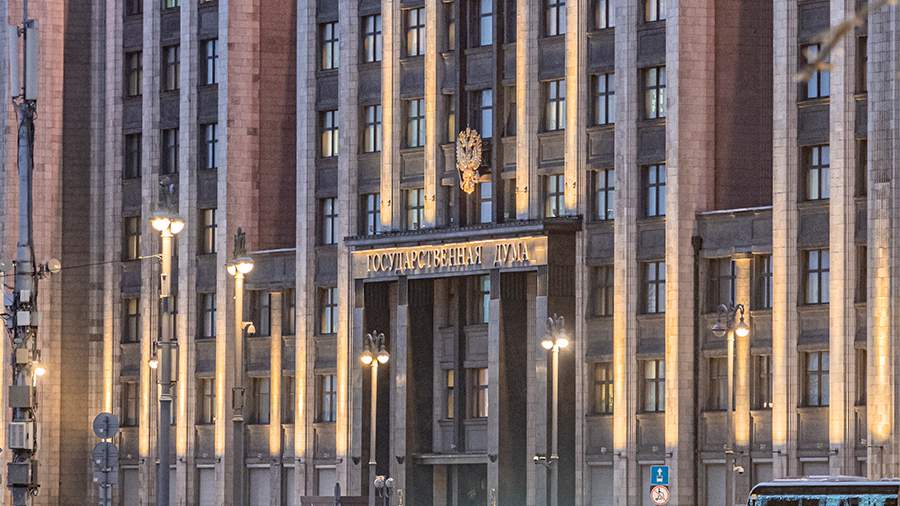Duma calls Moldovan resources for military operation in Transnistria limited

It is unlikely that Chisinau will be able to conduct a military operation in Transnistria if it wants to, since Moldova has limited resources for such a step. In addition, such a step by Moldovan President Maia Sandu would not be approved by the European Union (EU). This opinion was shared with Izvestia on December 23 by Artur Taymazov, a member of the State Duma Committee on CIS Affairs, Eurasian Integration and Relations with Compatriots.
Earlier in the day, the Russian Foreign Intelligence Service (SVR) reported on Sandu's demand to develop a plan for a military operation in Transnistria. Another head of state, according to the SVR, emphasized that the Russian Federation is responsible for the gas crisis in Transnistria, and Chisinau will retaliate against the region if Moscow does not solve the gas issue.
"If information about Moldova's readiness for forceful actions is to be believed, it indicates significant internal and external challenges for the country. The need for energy resources may push the leadership to seek radical solutions, but the realization of such a scenario looks extremely difficult. First, Moldova's resources for a successful military operation are severely limited," commented Taimazov.
First, he stressed, military action in Transnistria will inevitably lead to destabilization of the whole country, which will affect its relations with neighboring states. Ukraine, which borders Transnistria, is also unlikely to remain on the sidelines, especially given the difficult situation on its own territory. Besides, the presence of Russian peacekeepers in the region makes any forceful move extremely risky - up to escalation of Russia's actions, the deputy admitted.
Secondly, he added, the energy aspect of the situation cannot be ignored. The possible cessation of gas supplies through Ukraine as of January 1 and the subsequent problems with the supply of energy resources to Moldova increase tensions. Transnistria, possessing a large hydroelectric power plant, plays a key role in providing Moldova with electricity, the interlocutor of the newspaper explained.
"Forceful control over these facilities, as the statement claims, could be a tool for solving the energy crisis. However, such a step, in addition to the risk of conflict escalation, does not provide guarantees of long-term stability and economic benefits," Taimazov believes.
Taking into account all the factors, the politician suggested, the most probable development of events looks like preserving the status quo in Transnistria. However, he added, the energy crisis requires quick solutions to avoid increasing political and social instability in the region. The possibility of reaching a compromise through international negotiations remains the most rational way.
Later on Monday, after the publication of the Russian SVR material, the head of the Moldovan president's cabinet, Adrian Balucel, said in his Telegram channel that the information about the preparation of a military operation in unrecognized Transnistria is serious and dangerous disinformation designed to sow panic and distrust. At the same time, he said that it is Gazprom that refuses to fulfill its obligations.
Earlier, on December 18, former Moldovan Prime Minister Vasily Tarlev told Izvestia that the republic was in an energy crisis due to the EU's anti-Russian policy and the stoppage of Russian gas transit through Ukraine. He also emphasized that the current leadership of the republic, represented by President Maia Sandu, was leading the country to a humanitarian catastrophe and called for resuming a dialog with Gazprom.
Переведено сервисом «Яндекс Переводчик»

